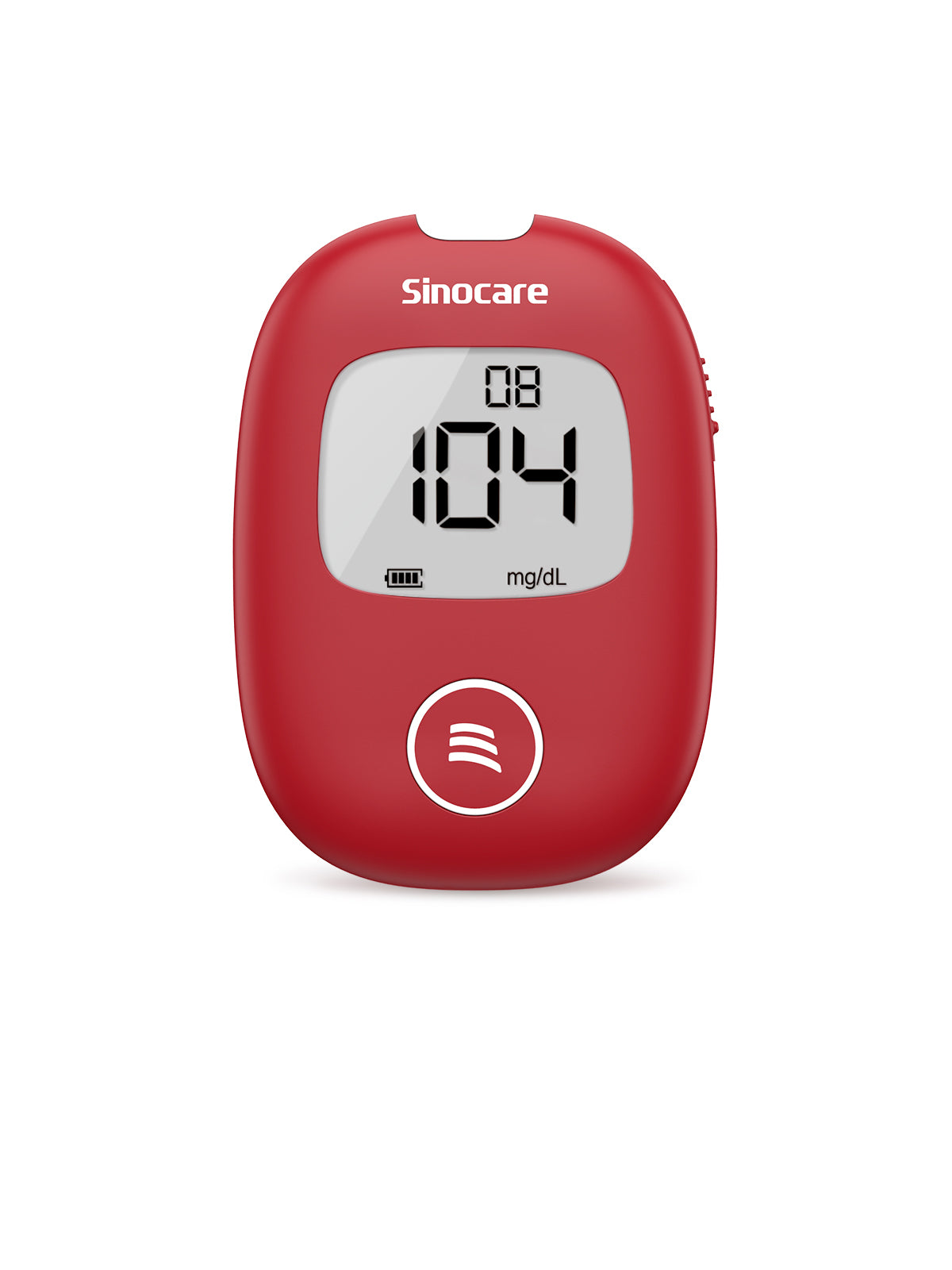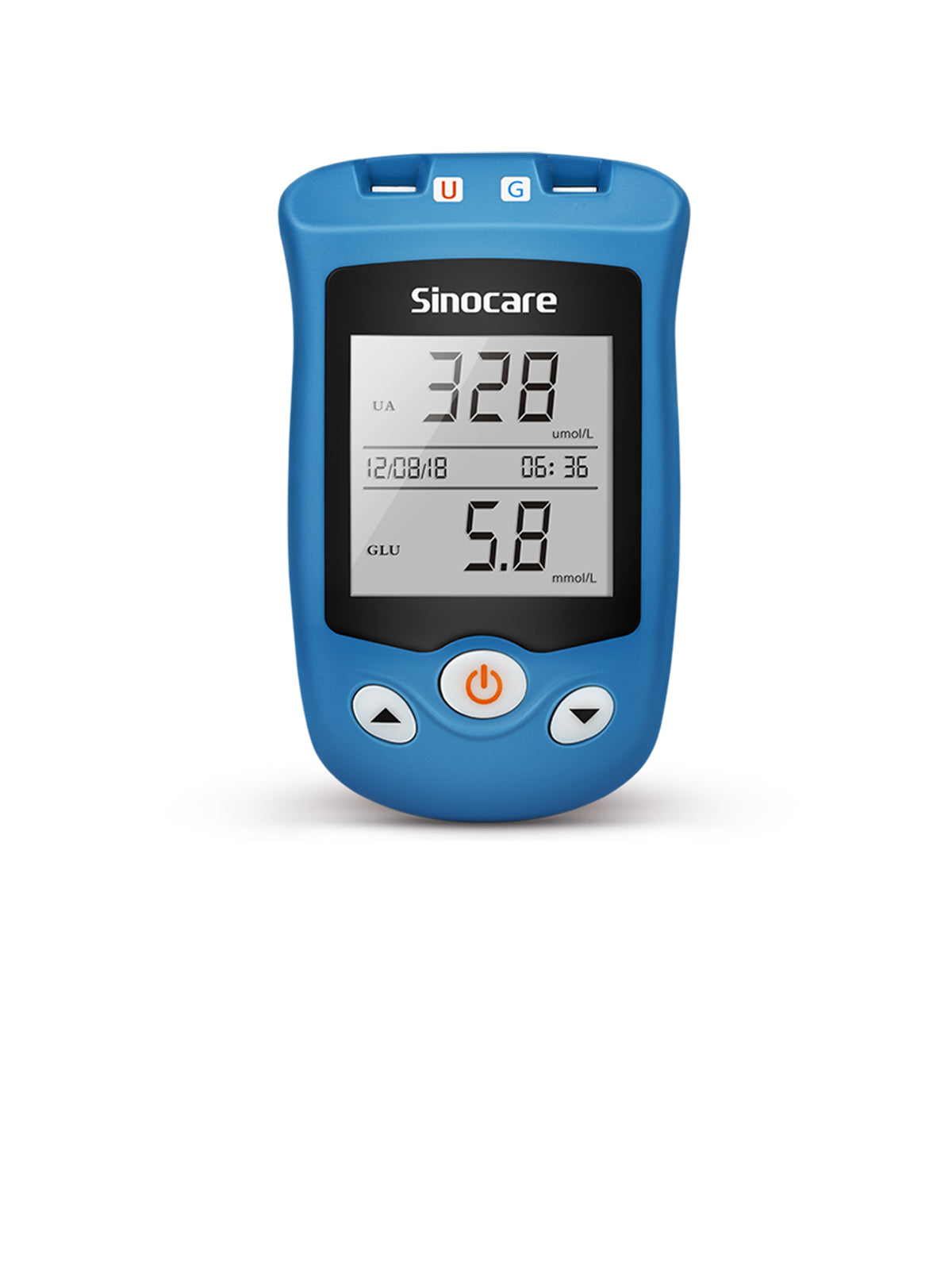Fruit juice is a drink made directly from fruits, which are carefully selected, washed and then squeezed or blended to obtain the sweet and aromatic liquid known as "fruit juice". This process preserves the natural taste and nutritional properties of the fruit, making the juice a popular choice for a healthy and refreshing drink.
Nutrition Value of Fruit Juices
A 100-gram serving of natural fruit juice, with no added sugar or preservatives, contains an average of about 56 calories, 0.3 grams of protein, 0.1 grams of fat, about 14.5 grams of carbohydrates, and negligible amounts of fiber. Fruit juice is also a source of micronutrients such as potassium (varies depending on the type of juice), magnesium, phosphorus, calcium, iron, and vitamins such as Vitamin C and Vitamin A. Although fruit juices are not concentrated in protein or fat, they make a significant contribution in terms of essential vitamins and minerals, and are associated with health benefits when included in moderation in a balanced diet.[1]
Calories and GI in Fruit Juices
A glass of natural fruit juice, with no added sugar or preservatives, contains on average about 45-60 calories per 100 ml. Fruit juice has a glycemic index that varies depending on the type of fruit and its degree of ripeness, but in general it can be considered medium-high. Fruit juices are compatible with people with diabetes when consumed in moderate amounts and without added sugar. However, it is important to monitor individual glycemic response, as fruit juices may contain significant amounts of natural sugars. In addition, fruit juices can contribute to the daily intake of vitamins and minerals, but it is advisable to consume them as part of a balanced and varied diet.[1][2]
Benefits & Risks of Eating Fruit Juices with Diabetes
Natural, unsweetened fruit juice contains natural sugars and consists mainly of water, as well as containing substances that can be beneficial to the body. Fruit juices are rich in vitamins and minerals, and some contain natural antioxidants that may offer health benefits, such as improving blood flow and providing essential nutrients. However, it's important to note that fruit juices contain a significant amount of sugar, which can quickly raise blood glucose levels. Therefore, people with diabetes should consume fruit juices in moderation and prefer the consumption of whole fruits. In addition, eating whole fruits has been associated with a lower risk of developing type 2 diabetes. However, for people already living with the condition, it is advisable to consult a doctor before making any significant changes to their diet, including introducing fruit juices.[3]
How Much Fruit Juice Can I Eat with Diabetes?
Fruit juice, although free of added sugar, contains natural sugars that can affect blood glucose levels. For people with diabetes, it is recommended to consume fruit juice in moderation and prefer whole fruit. A small amount, such as a 150ml glass per day, can be included in a balanced diet, taking into account your eating plan and individual response to sugar levels. It is important to consider that fruit juice has a generally medium to high glycemic index, so its consumption should be carefully monitored. Additionally, combining fruit juice with other foods with a low glycemic index can help balance the effect on blood glucose.[4]
How to eat Fruit Juices with diabetes?
Fruit juices, such as coffee, may be an option for people with diabetes, provided they are consumed in accordance with the recommended daily allowances and with no added sugar. The safest way to enjoy fruit juices is to consume them natural, with no added sugar or preservatives, to avoid spikes in blood glucose levels. However, fruit juices can be included in a diabetic diet in a variety of ways, such as:
Natural Juice: Served fresh and without additives, it is a choice that should not significantly affect blood sugar levels when consumed in small amounts.
- Diluted Juice: Mix the juice with water to reduce the concentration of natural sugars.
- Smoothies: Combine fruit juice with other low-glycemic ingredients to create nutritious smoothies.
- Desserts: Use fruit juice as an ingredient in sugar-free desserts, such as jellies or sorbets, to add flavor without impacting blood sugar.
It's important to note that fruit juices can contain a significant amount of natural sugars, which can quickly raise blood glucose levels. Therefore, people with diabetes should consume fruit juices in moderation and prefer the consumption of whole fruits. In addition, eating whole fruits has been associated with a lower risk of developing type 2 diabetes. However, for people already living with the condition, it is advisable to consult a doctor before making any significant changes to their diet, including introducing fruit juices.[5]
Final Thoughts
Fruit juices, while not an essential food, can be a pleasant addition to the daily diet of a person with diabetes. It is essential, however, to consume juices in moderate quantities, taking into account their natural sugar content. Generally, it is recommended not to exceed a 150 ml glass per day to avoid harmful blood sugar spikes. Consumed in moderation, fruit juices can offer a boost of taste and freshness, as well as provide beneficial vitamins and antioxidants. In conclusion, fruit juices can be included in the diet of those living with diabetes, as long as you pay attention to the amounts and choose options with no added sugar.
References
[1]Lehman, MS , S. (2024, May 24). Fruit Juice Nutrition Facts and Health Benefits. Verywellfit. https://www.verywellfit.com/fruit-juice-nutrition-facts-calories-and-health-benefits-4119990
[2]Joseph, M., MSc ANutr (2025, May 8). 15 Types of Fruit Juice and Their Nutritional Values. Nutritionadvance. https://www.nutritionadvance.com/types-of-fruit-juice/
[3]Sissons, C. (2019, April 26). Can eating too much fruit cause type 2 diabetes? Medicalnewstoday. https://www.medicalnewstoday.com/articles/323310
[4]Leopold, C. (2023, February 9). Can you eat fruit with diabetes? What are the best and worst options? Medicalnewstoday. https://www.medicalnewstoday.com/articles/311220
[5]Frothingham, S. (2019, March 7). What You Should Know About Fruit for a Diabetes Diet. Healthline. https://www.healthline.com/health/fruits-for-diabetes










Leave a comment
All comments are moderated before being published.
This site is protected by hCaptcha and the hCaptcha Privacy Policy and Terms of Service apply.